Alkmaar, the Netherlands-based hydrogen producer HYGRO, announced that it, together with TNO, has received an €11.8M grant from DEI+ of RVO.
The grant will assist in launching the chain of sustainable hydrogen generation up to and including sales in road transportation.
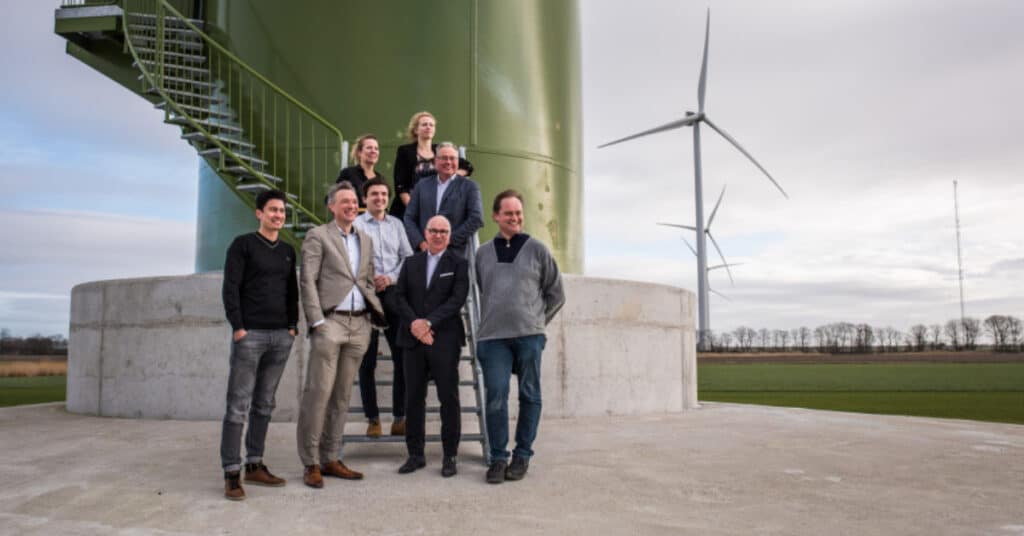
Hydrogen mill
HYGRO was the first company in the world to launch the ‘hydrogen mill’ concept. It involves a wind turbine with integrated electrolysis to produce hydrogen directly at the mill.
With hydrogen as the primary energy carrier, the design of wind turbines and wind farms will eventually change.
According to HYGRO, Electrolysis makes wind energy more (cost) efficient than electricity.
Jan Willem Langeraar, co-founder of HYGRO says, “This project will not only demonstrate the technical possibilities for an efficient chain and affordable refuelling stations but above all, it will show that sustainable hydrogen can become competitive with a diesel under the current rules.”
“It is important that the government continues to come up with sufficient incentives for parties who want to purchase hydrogen-powered trucks. For example, through the Dutch ‘AanZET’ subsidy. Scaling up will enable further cost reductions that will eventually make the transition happen naturally,” adds Langeraar.
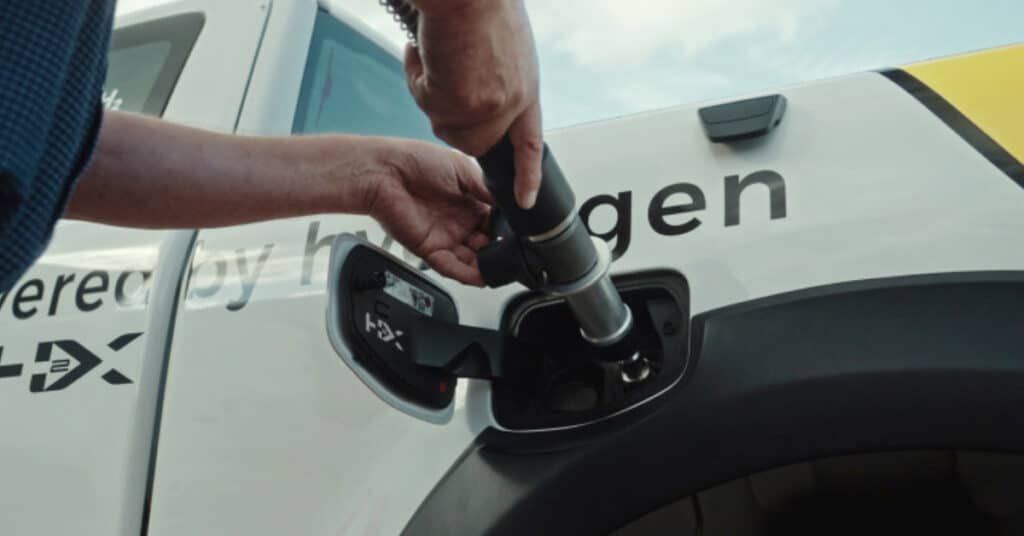
Aims to increase hydrogen adoption
During this project, the implementation of integrated hydrogen production at wind turbines and subsequent hydrogen delivery to filling stations will yield sufficient amounts of green hydrogen to power 50 to 80 hydrogen-electric trucks in the North Holland region.
This output is equivalent to fueling 2,500 to 5,000 hydrogen-electric passenger cars covering 20,000 kilometres annually, as well as powering an equivalent number of hydrogen-electric generators used on construction sites.
As a result of this project, costs in the hydrogen supply chain will decrease, and hydrogen adoption in mobility will grow faster, claims the company.
This will lead to the cost of both vehicles and hydrogen supply to decrease rapidly.
This trend will also drive the growth of hydrogen mobility, leading to reduced CO2 emissions, elimination of noise, NOx, and particulate matter emissions, and make significant progress towards a sustainable energy infrastructure.
The first hydrogen filling station will be at AVIA Marees’ AVIA Mobility Square in Wieringerwerf.
With funding from the Regiodeal Maritiem Cluster ‘Kop van Noord-Holland’, the AVIA Mobiliteitsplein in Wieringerwerf will be linked to hydrogen production at the wind turbine through a special pipeline to be constructed with the firm SoluForce and Visser & Smit Hanab.
The project also provides for three satellite stations in North Holland.
The exact locations are still being determined and will depend in part on customer requirements for hydrogen mobility.
Validating the project
TNO is responsible for validating the expected energy savings and efficiency improvements in the chain from wind to wheel.
It is analysing the efficiencies HYGRO expects to achieve in electrolysis through pulsed power and the efficiencies in road hydrogen distribution using the ‘iBundles’ developed by HYGRO.
TNO will disseminate the research results and learning experience widely in the Netherlands and more widely in Europe through organisations such as Hydrogen Europe Research.
Cluster leader Electrolysis at TNO, Lennart Van der Burg, says, “This is a significant amount of subsidy within this project. It is important that the data from our research also become available to other organisations within the hydrogen chain. Broad knowledge sharing is of absolute importance to accelerate electrolysis development.”
“Currently, very little practical data is publicly available. For example, on the performance of the electrolyser under different conditions. We have a list of more than 20 parameters on which we want to monitor the electrolyser,” says der Burg.




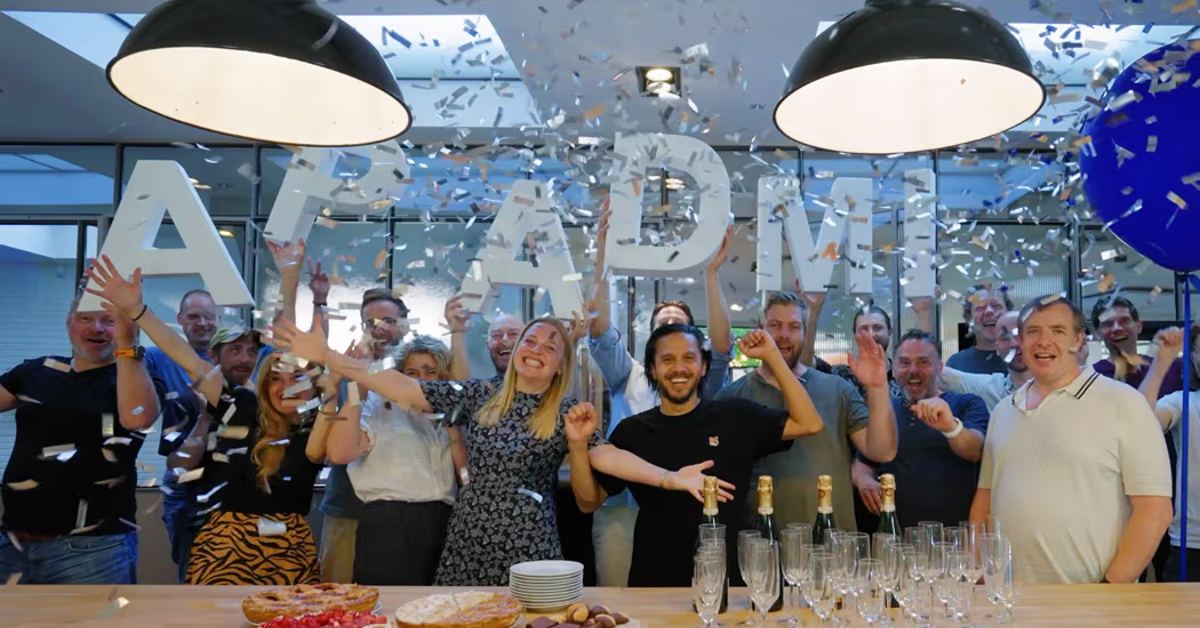
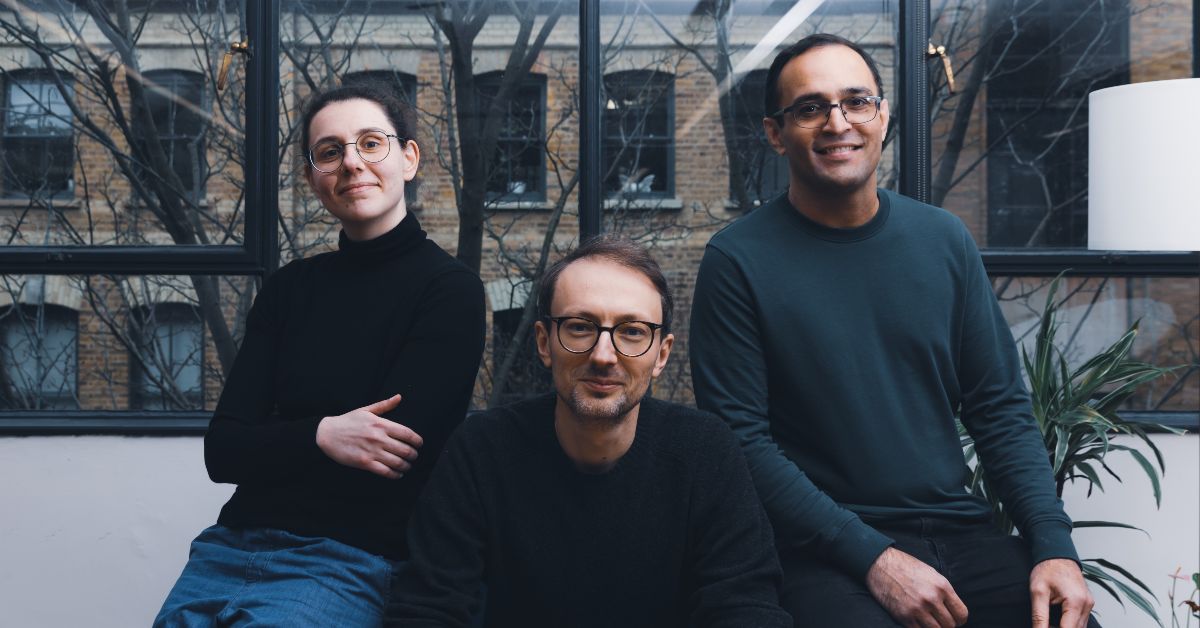
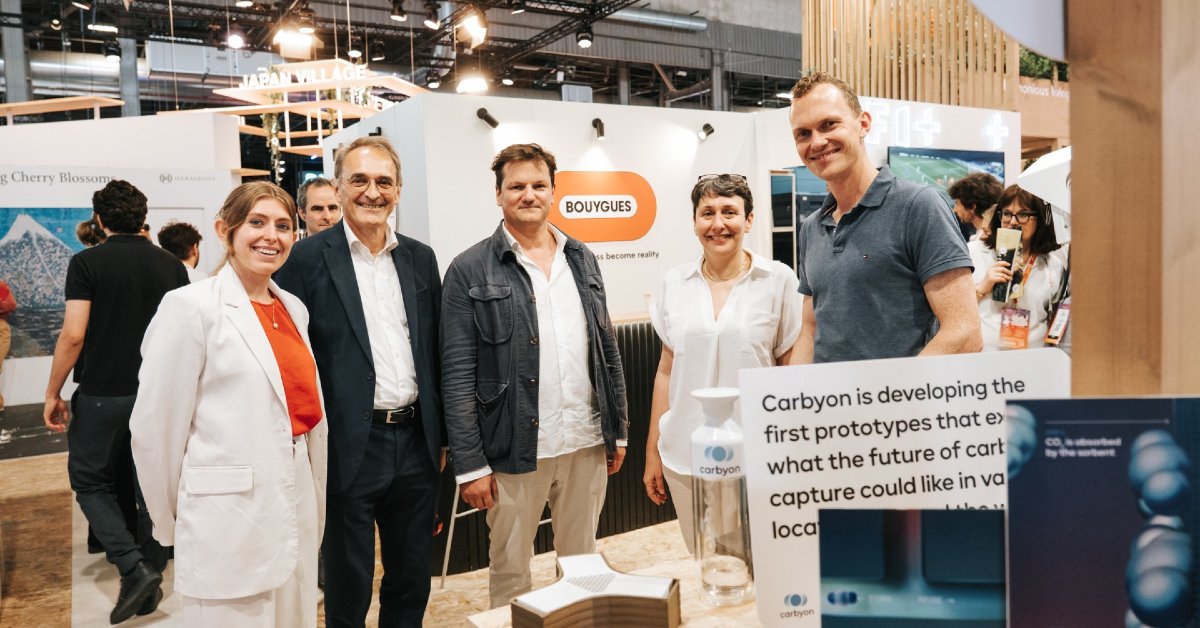
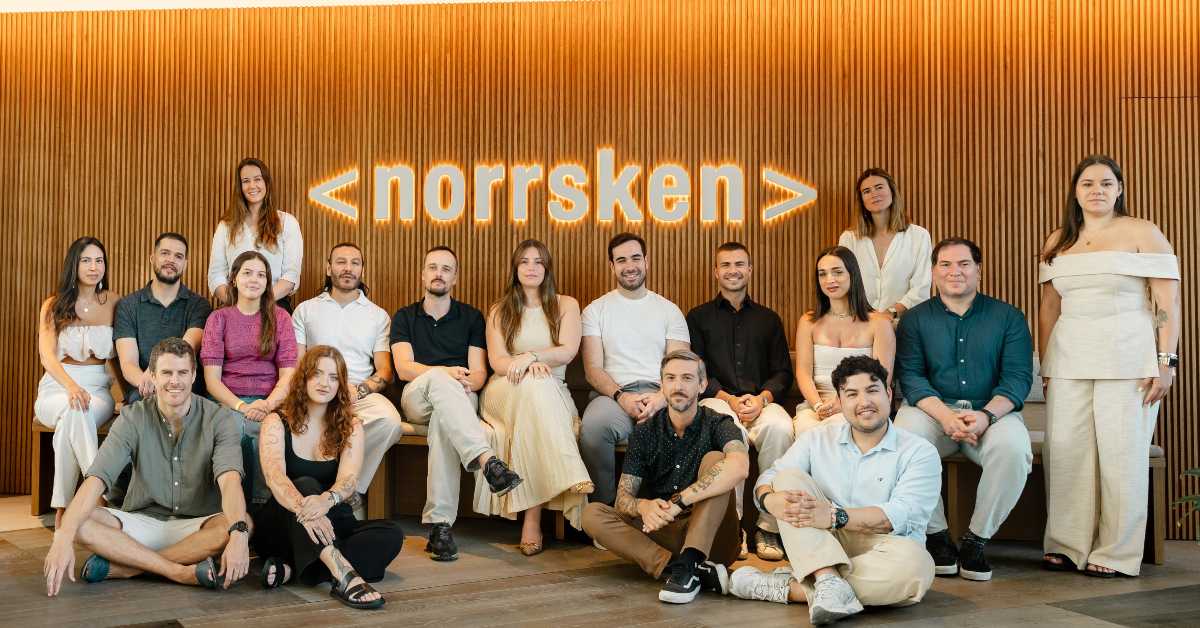
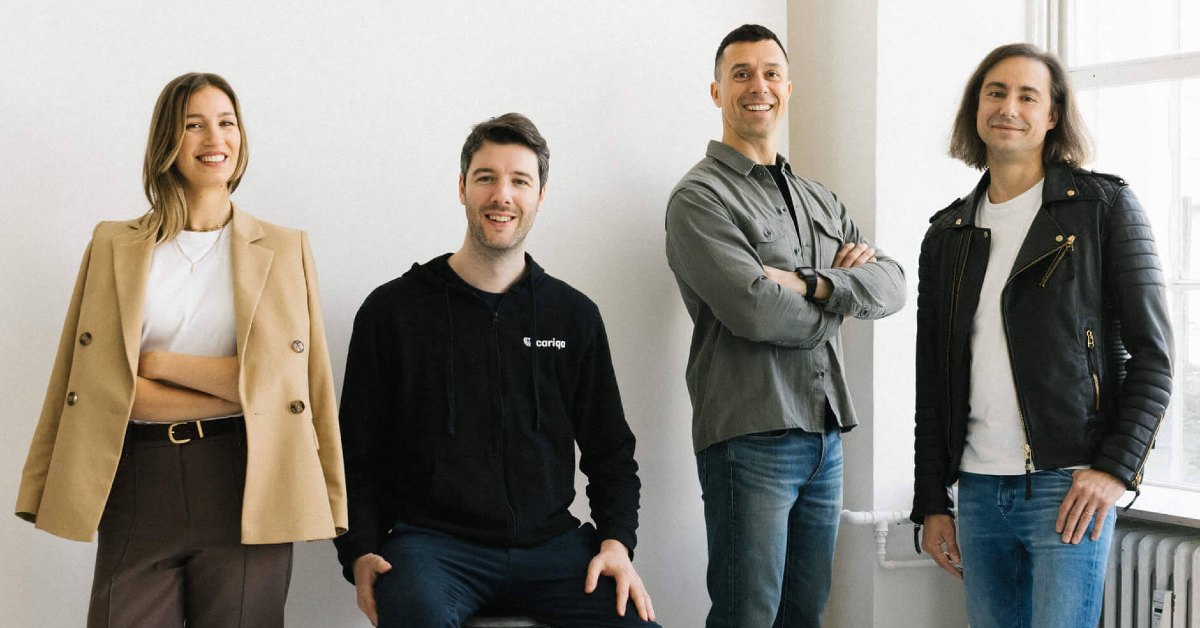

01
From telecom veteran to Dutch Startup Visa success: The Jignesh Dave story